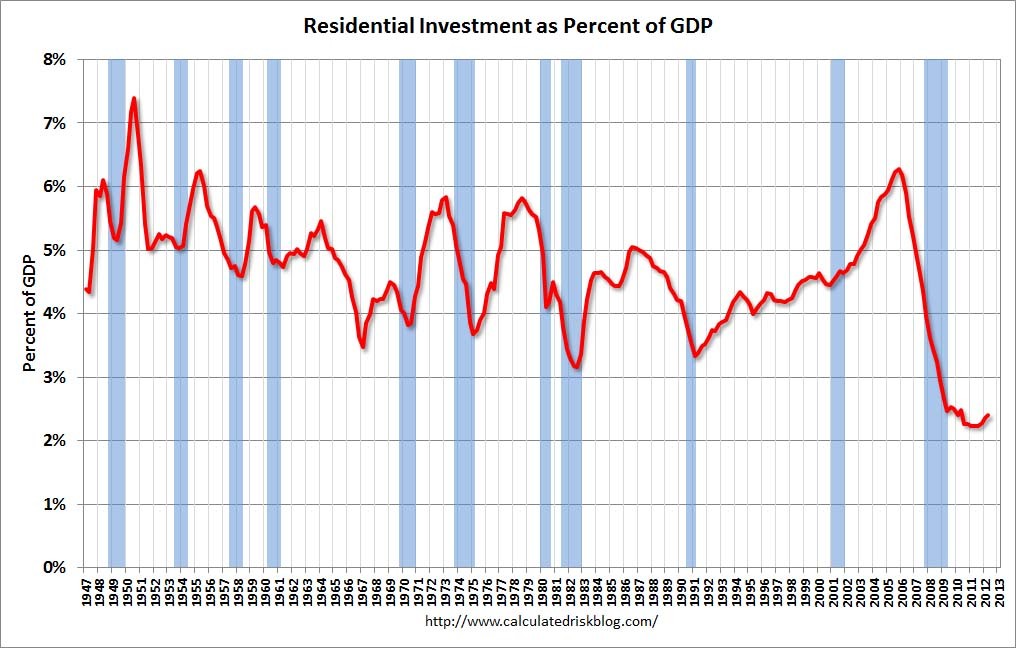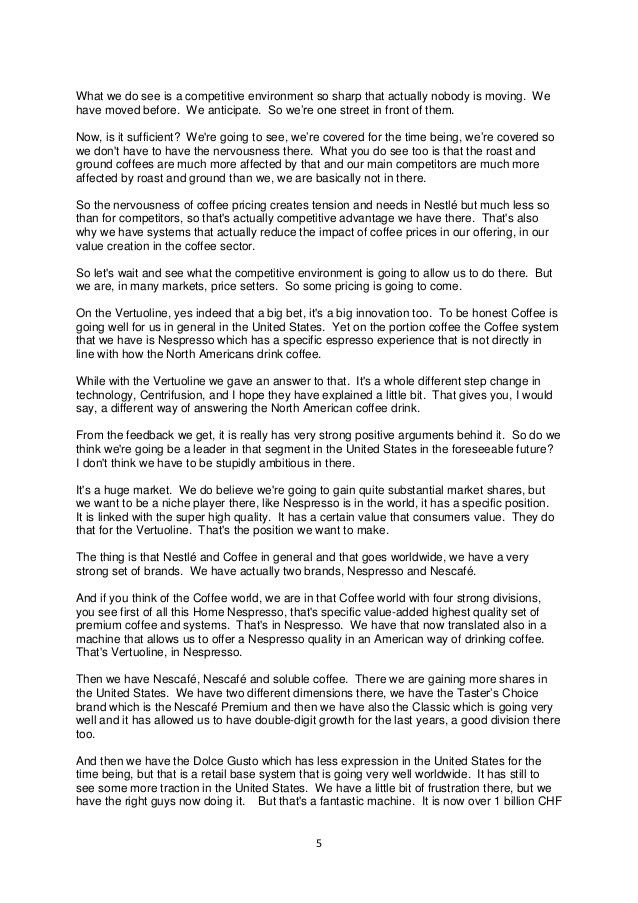Now s a Great Time to Invest So Don t Blow It
Post on: 18 Май, 2015 No Comment

These past months have been as painful for my psyche as they have been for my portfolio. Stephen Colbert summed up my feelings about the recent market movements quite well: He said watching the Dow is like a roller coaster, only you vomit your money.
Despite my queasiness, I believe today’s prices present an opportunity for investors focused on the long term — and I’m not alone. Investing legends Warren Buffett, Marty Whitman, and Chuck Royce have all gone on record to say something similar.
So while it’s been painful to be a current investor — The Wall Street Journal reported in October that over the prior 15 months, Americans lost $2 trillion in paper losses in their workplace retirement plans — it’s a great time to be a prospective investor.
But don’t do this
Through 401(k)s, IRAs, or taxable accounts, nearly 90 million Americans own mutual funds. But if you’re thinking about adding even a penny to a new fund, hold that thought. for now.
Why? Data suggests that the majority of mutual fund investors may be going about choosing funds in a way that could undermine their long-term wealth.
Author and professor Louis Lowenstein, writing in his superb new book The Investor’s Dilemma. outlines the sad state of affairs: [W]hen one considers the fierce attention that consumers devote to the cost, and to the quality, of their weekly groceries or, say, to the purchase of a new washer and dryer, their nonchalance when it comes to mutual fund cost and quality is remarkable.
Nonchalance, you say? OK, readers of this website are undoubtedly better informed than the hordes of fund investors in our country. But even those in the know may be hitching their life savings to funds that — apologies to Wayne and Garth — aren’t worthy.
First, the good news
According to the Investment Company Institute, investors look at two main characteristics when they’re researching a mutual fund — fees and performance: Investors usually review a wide range of information before purchasing fund shares outside these plans. Most often, investors want to know about a fund’s fees and expenses, its historical performance, and its associated risks prior to purchasing shares.
That’s the good news, because focusing on those data points (which takes maybe 10 minutes per fund) will get you pretty far.
But when my colleague Tim Hanson and I looked back at the 10 best-performing mutual funds of the past decade. we found two factors that mattered most: low expenses/fees and long-tenured managers.
And according to the Investment Company Institute report cited above, investors aren’t that interested in the fund manager. That’s a big mistake.
And now the bad news

Incredibly, the ICI found that of the 19 characteristics fund investors looked for while researching prospective investments, information about the fund’s portfolio manager ranked 17th on the list. Just one in four investors researched the person actually managing the money.
What’s striking is that nearly one in two (45%) investors wanted information about the fund company. which is a little bit like assuming that because MI6 sent them, 006 and 008 are just as good as 007.
In The Investor’s Dilemma. Lowenstein explains why this tendency plays to the desires of the fund companies: The chief economist of the Investment Company Institute. recently explained that team management is popular because fund complexes have been creating marketing and brand identification more around the fund and the fund complex than around the manager.
The fund companies have very good reasons for this. The fewer star managers they have, the less they’re tied to the whimsy, ego, and demands of said star managers. They want to establish a brand. not a personality. It’s a sound business strategy for them — but it’s much less useful for us consumers.
Take Fidelity Magellan (FMAGX), for example. What’s probably the most famous actively managed mutual fund in the world became so because of Peter Lynch’s supreme talent in picking stocks. The fund gained 30% per year during Lynch’s 13-year tenure from 1977 to 1990.
But in 1991, after Lynch had left Magellan, what would you rather have known: Whether Peter Lynch was still in charge or whether Magellan was still a Fidelity fund?
Let’s look under the hood
OK, enough with the hypotheticals. Let’s look at the Janus Orion (JORNX) as an illustration. The vital stats are great:














